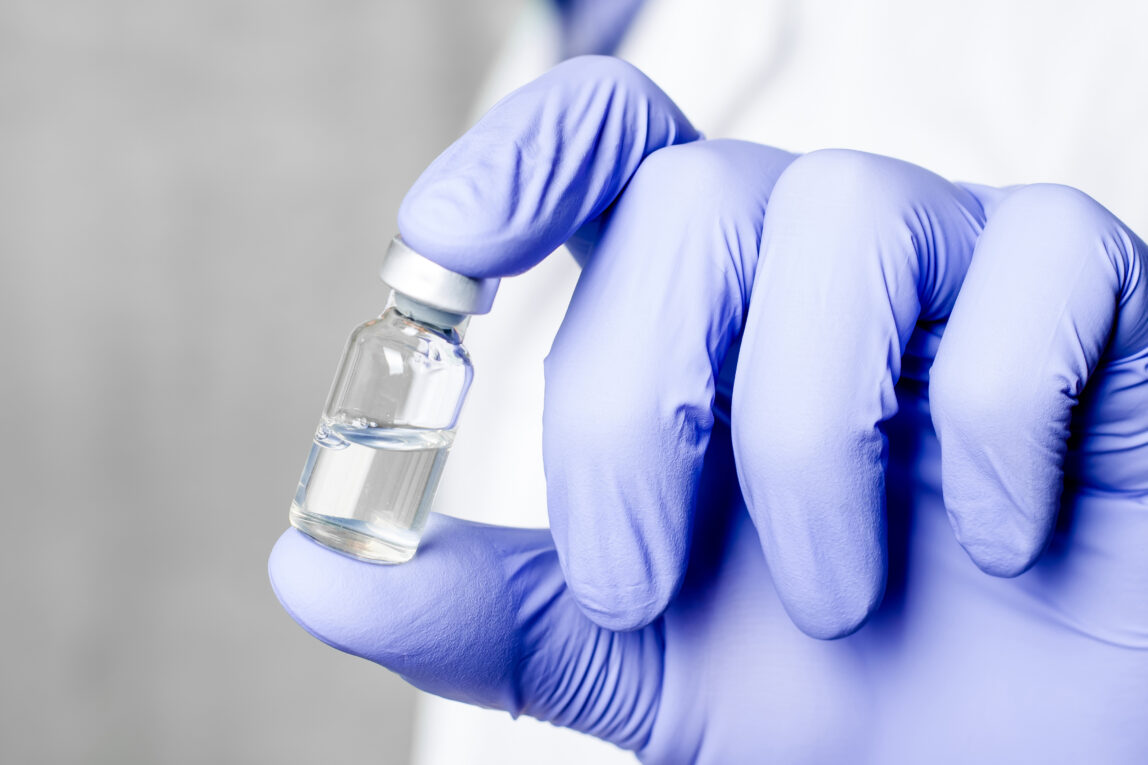Remicade (infliximab) has been an instrumental biologic treatment for many patients suffering from chronic inflammatory conditions such as rheumatoid arthritis, Crohn’s disease, and ulcerative colitis. However, its high cost has left many patients unable to access this life-changing medication. The emergence of Remicade biosimilars now promises more affordable treatment options that can help expand access to care.
What are Biosimilars?
The expiration of Remicade’s patents has paved the way for the development and approval of biosimilar versions. A biosimilar is a biologic medication that is developed to be highly similar to an existing approved biologic, known as the reference product. Biosimilars are manufactured using living cells through biotechnology processes compared to traditional chemical synthesis methods used to produce generic small molecule drugs.
While biosimilars are not generic versions of biologics, they undergo a rigorous approval process to demonstrate their similarity in safety, purity, and potency to the reference product. This allows them to be interchangeable for the reference product once approved by regulatory agencies such as the FDA. The reduced cost of biosimilars stems from not having to replicate the lengthy clinical trials of the reference product since much of the development data can be extrapolated.
Approved Remicade Biosimilars
To date, three Remicade Biosimilars have received FDA approval – Inflectra (infliximab-dyyb) in 2016, Ixifi (infliximab-qbtx) in 2018, and Renflexis (infliximab-abda) in 2017. All three demonstrated similarity to Remicade in quality characteristics, activity, safety, and efficacy. Several other biosimilars are still in the development and review pipeline. The approval and availability of these biosimilars in the US market are projected to result in billions of dollars in savings for patients, insurers, and the healthcare system.
Positive Patient Outcomes with Biosimilars
Real-world evidence studies from other regions where Remicade biosimilars were launched earlier continue to demonstrate positive patient outcomes. For instance, a large retrospective study from Norway found no meaningful differences in drug survival, disease activity, or safety between patients switching to the biosimilar CT-P13 compared to continuing Remicade. A similar study from Germany also reported equivalent clinical effectiveness and safety between CT-P13 and Remicade in rheumatoid arthritis patients.
Risks of Immunogenicity Remain Low
One concern often raised about switching between biologics is the risk of immunogenicity or the formation of anti-drug antibodies. However, studies indicate the risks remain low between a biosimilar and reference product. For example, a review of 35 clinical studies comparing CT-P13 to Remicade found the immunogenicity profiles were highly similar. Rates of anti-drug antibody formation were consistently low across indications like rheumatoid arthritis, Crohn’s disease, and ulcerative colitis.
Role of Healthcare Providers in Patient Education
With the growing availability of Remicade biosimilars, healthcare providers will play a pivotal role in educating patients about the rationale for biosimilar use and switching. transparent communication regarding the evidence demonstrating safety and effectiveness is essential to alleviate concerns. Providers can discuss how biosimilars expand access to treatment for more patients and help control rising healthcare costs. Ongoing pharmacovigilance will further reinforce the comparable benefit-risk profiles of biosimilars and reference products in real-world settings.
Payer Policies to Increase Biosimilar Uptake
Adoption of Remicade biosimilars by payers through formulary placement and lower co-pay tiers can positively impact their use. Proactive payer policies that incentivize the use of lower-cost alternatives are underway. For example, some insurers cover the entire cost of biosimilars while charging for branded products. Others are implementing “fail first” requirements where patients must try lower-cost options before the branded medication. Greater uptake of affordability-driven biosimilar prescribing will generate substantial cost savings to help expand innovation and access to high-quality care.
The era of Remicade biosimilars heralds new hope for improving access to an important biologic treatment for many patients. While the development of complex biologics marked a true medical revolution, their prohibitive costs left too many patients without viable options. With rigorous safety and efficacy requirements ensuring biosimilarity, the reduced cost of Remicade biosimilars has the potential to alleviate this challenging problem tremendously. Ongoing monitoring will verify expected comparable long-term outcomes as biosimilars assume a prominent share of the inflammation treatment landscape. This new paradigm will help optimize patient-centered care on a much larger scale.
*Note:
1. Source: Coherent Market Insights, Public sources, Desk research
2. We have leveraged AI tools to mine information and compile it

